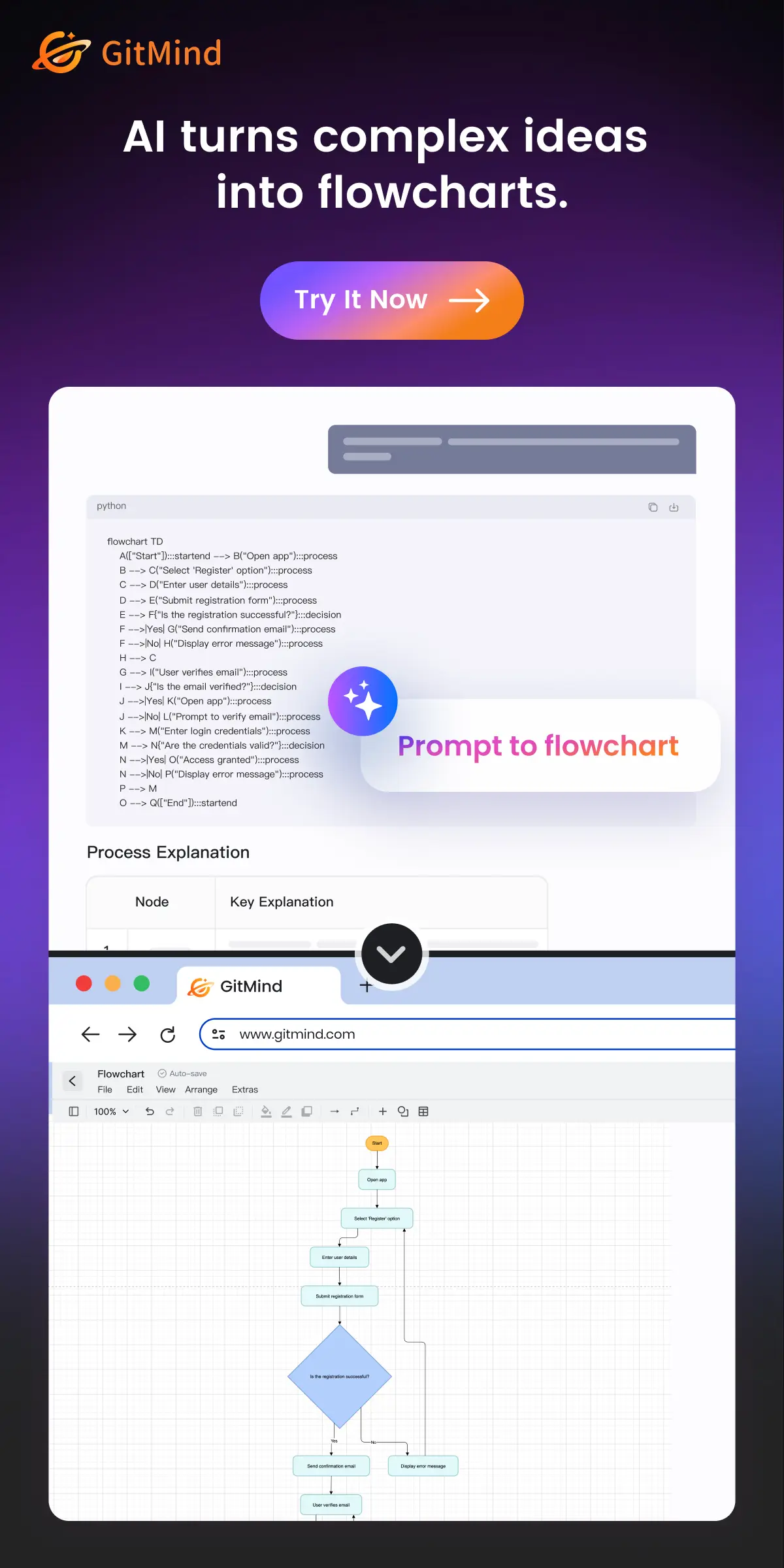
Ranking
8 of the Most In-Demand Engineering Jobs for 2021
Read a summary using the INOMICS AI tool
Sometimes, when deciding on a career path, it can be difficult to know how your chosen industry will fare in the future. Are wages likely to increase? Will jobs be hard to come by? Much can feel unknown. To put your mind at ease, NewEngineer is here to help, crystal ball in hand. In the field of engineering it's clear that the current trend is towards information technology and automation, and this is set to remain the case for the foreseeable future – entering these sectors is as safe a bet as you could hope for. While traditional fields such as civil and petroleum engineering are still in high demand, the fastest growing fields are clearly those in the IT sphere. So, without further ado, here are 2021’s most in-demand engineering jobs and the salary potential one should expect from each.
1. Data Science & Machine Learning
Software engineering has seen continuous growth over the past few years, and there are no signs of it stopping. Data science is a branch of software engineering that involves creating meaningful information based on large amounts of data. These large datasets are known as big data, and can come from a variety of sources such as e-commerce, or the medical or financial sectors. This field uses both statistics and software engineering to gather, analyse, and present data in such a way as to allow the end user to optimise their specific services. For example, analysts can use the data of which products sell best during a specific time of year to create targeted marketing campaigns.
Machine learning is a subset of data science that is used to make predictions of what might happen in the future based on past data. Machine learning algorithms make predictions, test whether they are accurate, and then optimise themselves to improve the accuracy of the prediction going forward. The more varied the volume of data available, the better the predictions. An undergraduate degree is not always necessary to begin a career in data science, as there are various short courses that cover the required topics. However, it is important to note that a strong background in both mathematics and coding is necessary.
- Average starting salary: $89,000
- Average mid-level salary: $107,000
- Average late career salary: $120,000
 2. Automation & Robotics Engineer
2. Automation & Robotics Engineer
Robotic systems are already good at performing menial repetitive tasks. Their performance is far more consistent than the variable dexterity and attention to detail of a human worker. However, with constant advances in computing, energy storage, and materials, robots are beginning to move from single arm welding and assembly robots to complex humanoid machines. A striking example of this evolution is the Boston Dynamics robot. A robotics engineer is involved in every aspect of the design, development, testing and implementation of robotic systems. Robotics engineers typically have backgrounds in either mechanics, electronics, or mechatronics. As we move ever closer to an automated world, working in automation is becoming a more promising career opportunity than ever.
- Average starting salary: $77,000
- Average mid-level salary: $92,000
- Average late career salary: $99,000
3. Mechanical Engineer
Mechanical engineering is a highly diverse discipline with an incredible amount of career options. Among other things, mechanical engineers are responsible for designing machines and other devices and to control manufacturing systems. Their expertise is needed in a wide variety of industries, including resource extraction, manufacturing, and agriculture. Because of the range of industries where mechanical engineers are needed, it is unlikely that the market will become oversaturated with entry level engineers.
- Average starting salary: $82,000
- Average mid-level salary: $92,000
- Average late career salary: $127,000
4. Civil Engineer
Civil engineering has always been a highly sought-after job. Civil engineers build the infrastructure on which the world depends. There are various branches of civil engineering, which make it difficult to saturate the market. Therefore, it is a great field to be in. The main civil engineering fields include structural engineering, environmental engineering, road/highway engineering, and transportation engineering.
- Average starting salary: $59,000
- Average mid-level salary: $72,000
- Average late career salary: $96,000
5. Electrical Engineer
Electrical engineering is another engineering field that is continually in demand. Electrical engineering is a very broad field, which includes power engineering, instrumentation engineering, and electronic engineering. The broad range of possible career paths within electrical engineering means that there are lots of jobs available.
- Average starting salary: $67,000
- Average mid-level salary: $82,000
- Average late career salary: $96,000
6. Alternative Energy Engineer
There has been an international push towards clean and renewable energy because of the increased stress being placed on the planet due to climate change. For example, the demand for solar energy technology has increased dramatically, resulting in decreased panel cost. This increase in demand has created a feedback loop that is further pushing up demand. There is no doubt that alternative clean energy is the future. Despite coal-fired power stations still making up the majority of global energy production, its growth has stagnated, while alternative energy has grown. An energy engineer needs to start off with at least an undergraduate degree in disciplines such as energy, mechanical, or electrical engineering. A graduate degree in a relevant field can further improve job prospects.
- Average starting salary: $65,000
- Average mid-level salary: $82,000
- Average late career salary: $91,000
7. Mining Engineer
Mining is the start of any product's lifecycle, as this is the stage where raw materials for manufactured goods are obtained. A mining engineer typically designs both open pit and underground mines and supervises their excavation and construction. They also design methods for processing and transporting the mined materials to various processing plants. While the consumption trend for iron will fall in the next few decades, demand for metals such as lithium, copper, gold, and nickel needed for electronics and batteries is set to continue growing.
- Average starting salary: $68,000
- Average mid-level Salary: $89,000
- Average late career salary: $109,000
8. Project Engineer
A project engineer is a critical field that is a necessity in every branch of engineering. Project engineering is an interdisciplinary engineering field, so it is not typically something that is explicitly studied. However, further study in project management is usually recommended after an undergraduate degree to improve overall efficiency, such as by pursuing a Project Management Professional designation. A project engineer manages projects that are technical in nature that may include the design, procurement, manufacture, and delivery of everything from simple components to complex chemical treatment plants. The role is multidisciplinary in nature and requires a fundamental technical understanding of every facet of the project.
- Average starting salary: $71,000
- Average mid-level salary: $89,000
- Average late career salary: $100,000
In Conclusion
The list of jobs mentioned in this article is by no means exhaustive, but provides a good cross-section of the current job market. It is clear that jobs like data science and automation are the most in demand and offer higher than average starting and mid-level salaries. While traditional engineering fields still offer high salaries, it can be difficult to break into the industry as there tends to be an oversupply of entry-level engineers. However, with specialisation, the job search becomes easier.
-
- Konferenz
- Posted 1 month ago
The AI & Automation Conference 2026: Smarter, Safer, More Scalable AI for the Modern Enterprise
Between 25 Feb and 25 Feb in London, Großbritannien -
- Practitioner / Consultant Job
- Posted 1 month ago
Structural Engineer | Intermediate | NYC Mid–High Rise New Build
At Conrad Consulting in York, Großbritannien -
- Practitioner / Consultant Job
- Posted 1 month ago
Capital Projects Engineer
At CV-Library in Oldham, Großbritannien











